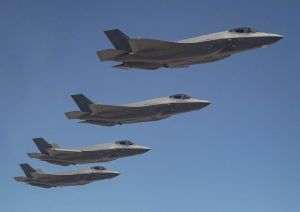India's stock market capitalization can easily grow to $40 trillion over the next 20 years due to higher investor confidence and robust economic growth, some analysts believe, according to Business Insider.
"We can easily hit $40 trillion by then," said Sujan Hajra, chief economist at Anand Rathi Share and Stock Brokers, citing the country's strong economic growth and "much more stable" currency.
Manish Chokhani, director of investment services firm Enam Holdings, is even more optimistic and predicts that Indian stock markets can grow to $60 trillion over the next two decades.
India's benchmark Nifty 50 is up 20% in 2023, and after overtaking Hong Kong in December, India is now fourth in the global capital markets hierarchy, with a valuation of over 4.6 trillion dollars.
"India's GDP growth has led to an increase in corporate earnings, which results in equity market performance," said Atul Singh, CEO and Managing Director of LGT Wealth India. According to India's Ministry of Statistics, the country's economy grew by 7.2% in the financial year 2023 and is projected to grow by 7.6% this financial year. In India, the financial year starts on 1st April and ends on 31st March.
On the other hand, China's economic growth has not led to stock market appreciation in recent years, Singh says. Last year, the world's second largest economy grew by 5.2%, close to the official target of around 5%. However, the benchmark CSI 300 index has fallen for three years in a row, depreciating 11.4% last year.
"Therefore, the growth of the Indian market is driven by the growth in real profits ... The process of nominal GDP growth translating into growth in profits and stock market returns will remain intact even in the next 20 years," Singh said for CNBC.
India also has a "pipeline of new capital" that can continue to boost stock valuations, Hajra said. Last year, there were 220 IPOs in India, the most in the world, according to EY. "India has the most publicly traded companies in the world, over 6,000, which prefer to raise capital earlier in their life cycle," Hajra told CNBC.













































